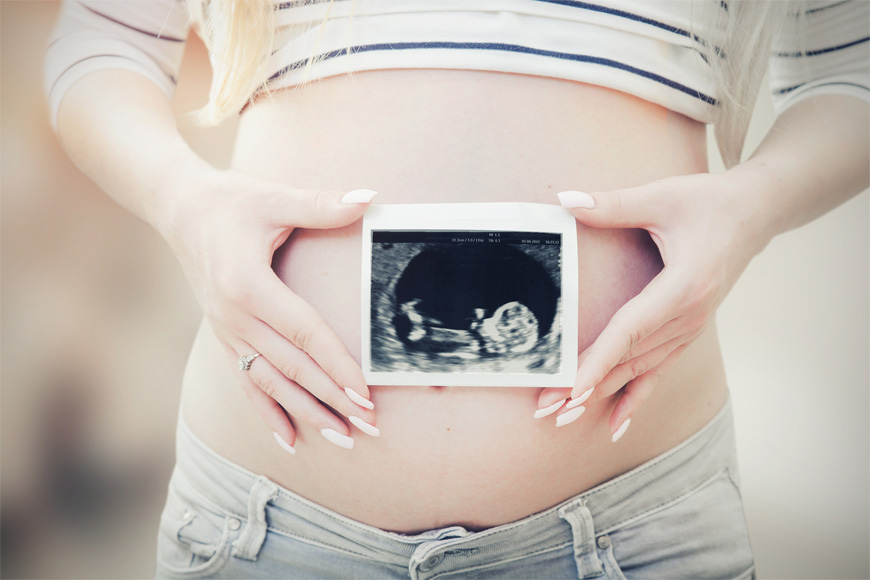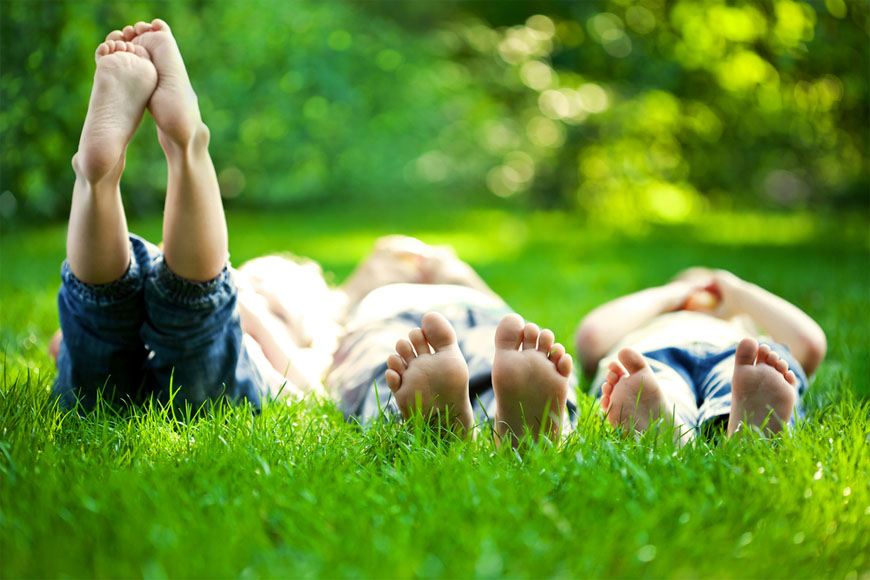The UAE is a Muslim state, so as expats we need to respect and adhere to their expectations.
23 July 2013
| Last updated on 16 September 2018
The UAE is a Muslim State, we must be aware at all times of the culture here and what is considered offensive or illegal behaviour. What is perfectly acceptable in our home country may be taken as abusive here
There are some things that are forbidden in the UAE, and although these rules are for us all, certainly locals and people here of the Muslim faith are very observant of these rules. Western expatriates, and in particular foreign tourists have been known to get into serious trouble for blatant disregard of these laws. It’s a good idea to know what these are, so you can be aware of your behaviour in public, and not cause offence… or worse.
Dress Code
We are expected to dress modestly whilst in public places, so no very short shorts or skirts, try to keep your midrif covered, and refrain from wearing ‘beach’ type tops, keep them for for the beach or hotel pool, its not really acceptable to have too much cleavage on display. You can be asked to leave a mall or public attraction if your attire is considered to be inappropriate or offensive.
Public Displays of Affection
Public Displays of Affection (PDA) but where the line is drawn between what is acceptable and what isn't, is sometimes variable. Assume that technically, any physical contact between two unrelated bodies of opposite sexes is forbidden, and you should be safe.
Men and women shaking hands when greeting each other is probably on the right side of the law, but as a man, don't offer to shake a woman's hand unless she extends hers first. Indecent behaviour, which could include kissing someone on the cheek but usually isn't something to worry about for normal greeting kisses, otherwise the jails would be filled with all the French, Italian, Lebanese, Spanish, South American, etc nationals that live in and visit the UAE.
Couples behaving affectionately in bars or nightclubs, and/or at concerts and other events where alcohol is available, such as the Dubai Rugby 7s, are more likely to be tolerated than if displaying the same sort of behaviour in a shopping mall or more public venue. However, groping each other in a sexual way anywhere in public (even in a bar) is much more likely to result in a visit to a police station.
If alcohol in Abu Dhabi is part of the activities, and the interest of the police has been aroused, then penalties are more likely to be imposed, and/or likely to be more severe. A jail sentence and/or fine and/or deportation are the possible penalties if caught for any PDA related activity.
Ramadan
During the month of Ramadan, there are very strict rules regarding eating, drinking and smoking in public, it is not allowed during the hours of daylight. Not only is this against the laws of the land, but are considered to be hugely disrespectful. Although there are certain circumstances that allow people to eat and drink during daylight hours, (nursing mothers, feeding small children, the sick or elderly), it is still wise to do this in private where possible. Persons being caught disobeying this law, can be imprisoned at worst, but certainly would be severely dealt with.
Litter
There are laws here preventing litter being dropped in the street, cigarette ends, chewing gum etc, if you are caught littering, you will be asked to hand over your ID Card, and be issued with a ticket (in Arabic) and told which Municipality Building to go and pay your fine and collect your ID, the fine is likely to be 200dh.
Alcohol
Although consumption of alcohol is permitted under certain circumstances, at home if you have a liquor licence, although, if you give alcohol to someone in your home and they then cause some kind of public disturbance, you can be held responsible. In hotels and some restaurants it will be possible to drink wine or spirits, but you need to be aware that when you leave the establishment, you have to be in control of yourself, and cause no disarray. Inebriation in public is frowned upon and is illegal. If you violate this law, you will be held legally accountable.
Photography
Whilst not illegal, taking pictures in some public places is unacceptable in the United Arab Emirates, you should avoid taking pictures of women, especially Muslim women, and if you are visiting a government run ‘attraction’ or historical site or activity, where you might typically be taking photographs, it is wise to seek permission first before you include any persons working or visiting there in your photos.
Kissing
The UAE has certain cultural and legal constraints on what might be regarded as acceptable behaviour in many other countries, usually western nations. Public displays of affection (PDA) such as kissing between opposite genders, holding hands, and other romantic behaviour is at least frowned upon, and might get you in trouble with the police.
Especially, if it's during Ramadan, or if someone easily offended by such behaviour sees you and reports you to the police. Same gender greeting kisses on the cheek are unlikely to cause offence, unless a passer by, and/or the police, think it's an indication the couple are homosexual. Opposite gender greeting style kisses on the cheek are commonly seen, and usually tolerated by those who might take offence. But don't be too brazen about it.
Couples kissing on the lips to say goodbye or hello in public, for example at the airport, are not usually going to get into trouble even though technically it's probably illegal. Or at least unacceptable culturally. Chances of causing offence resulting in problems with the law increase if the kiss becomes obviously more sexual in nature, or is lengthy. French kissing in public would definitely be ill-advised.
Technically it makes no difference if a couple is married, or in a boyfriend-girlfriend relationship. However, in reality, if an unmarried couple gets into bother over a kissing related incident, they are probably more likely to be penalised, or suffer a greater penalty.
Holding hands in public
Men and women holding hands is a public display of affection which in theory could result in a problem but is unlikely to, unless it's Ramadan, where we all must be even more observant of the laws. Walking through shopping centers, it is not uncommon to see even Emirati couples (of opposite sexes) holding hands. Mothers and fathers holding their children's hands is acceptable.
It is quite common to see groups of Asian / Indian / Pakistani male nationals holding hands. A cultural habit that often leaves westerners feeling confused given that couples are apparently not allowed to do the same. It is not (usually) an indication of homosexuality. Unknown whether or not strictly speaking such hand-holding is legally permitted or not. If you are a westerner, don't be tempted to hold hands with your same-sex friend just to see what happens. It is more likely that the authorities will wonder if you are gay, which might result in a visit to the police station, or worse.
Facebook, Twitter, Blogs
Like everywhere else in the world, these are public places in some way or another, we need to be aware that we can be googled, surfed and quoted. Remember that you can be held accountable for your opinions and observations.
Given the number of western expats that happily live in Abu Dhabi, or visit the UAE, for most couples (whether married or not), as long as they behave reasonably respectfully and sensibly, it is unlikely that they will find themselves in trouble just for holding hands while walking through a shopping mall, or kissing each other hello at the airport. Just keep the tongues and hands under control until in the privacy of home or hotel bedroom.
And if anyone has something to say about your behaviour, whether police, security official, or member of public: stop whatever it is you were doing, apologise politely, and say how much you are enjoying the country. Whatever you do, don't start ranting about being right, or how things are different in your own country, or make any sort of criticism of UAE culture and morals. Remember, we are choosing to live in this country, where Sharia Law is the law of the land, and we are obligated to live within its definitions.


























.png?itok=HBSyMDok)





















































































.png?itok=0fOAXkOm)















.png?itok=EH_x0Pha)













